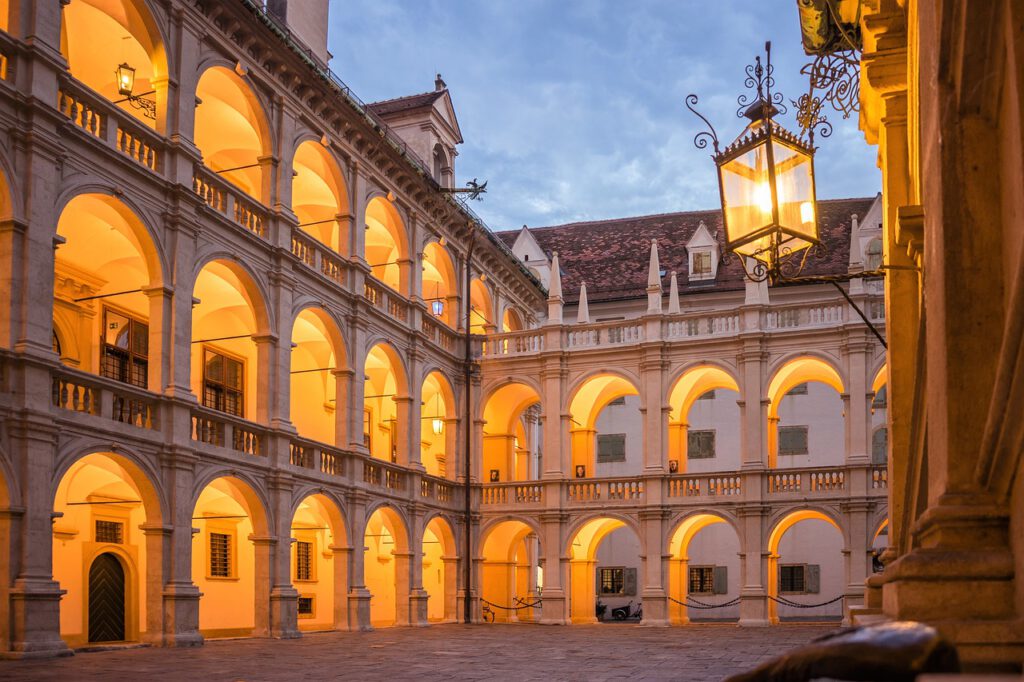
Of course, we are talking about pre-Covid period. But why not think about the future too? Then, the cultural production of a European country loved by the Chinese can travel: books, music in digital format, films. A whole world that fascinates them. And let’s remember one thing… The Chinese know Europe better than Europeans know China.

Before Covid, Austria welcomed 1 million Chinese travelers. This means that in 10 years the number of Chinese customers in Austria has increased by 400%! But why do our Chinese friends love to go to Vienna, Salzburg and Innsbruck?

In recent years, the tiny country of Austria in the heart of Europe has seen a surge in tourists from China. With world famous cities like the capital Vienna and Mozart’s birthplace Salzburg, places like Tyrol with the mountainside town of Innsbruck or the picturesque lakeside town of Hallstatt in Upper Austria have contributed to an increase in Chinese tourism to Austria.

For this reason, in the future, the Austrian government aims to attract even more Chinese visitors in the future by promoting Austria tourism in China through various means.

Musical and landscape romanticism
One of the reasons for the growing interest in Austria among Chinese tourists is certainly the romantic natural landscape of the Alps and the rich cultural history of its cities, which have enchanted many bloggers and travel reporters. Not to mention, Austria has enormous expertise in the winter and mountain tourism industry. Everything is perfectly organized for the different versions of the ski.

Also, in China, Austria is very popular for its cultural heritage, especially classical music. The music of Mozart, Strauss and many others is familiar to many Chinese. We know the passion of the Chinese for the piano and the violin.

Cultural and educational exchanges
The field of music education is a dynamic point of interaction between China and Austria, as indicated by the large number of Chinese students enrolled in classical music academies and universities in Austria.

Due to the growing popularity of classical music in China, new business opportunities have arisen for both Chinese and Austrians. For example, joint Sino-Austrian companies have been created, as well as organizations promoting musical exchanges between the two countries.



